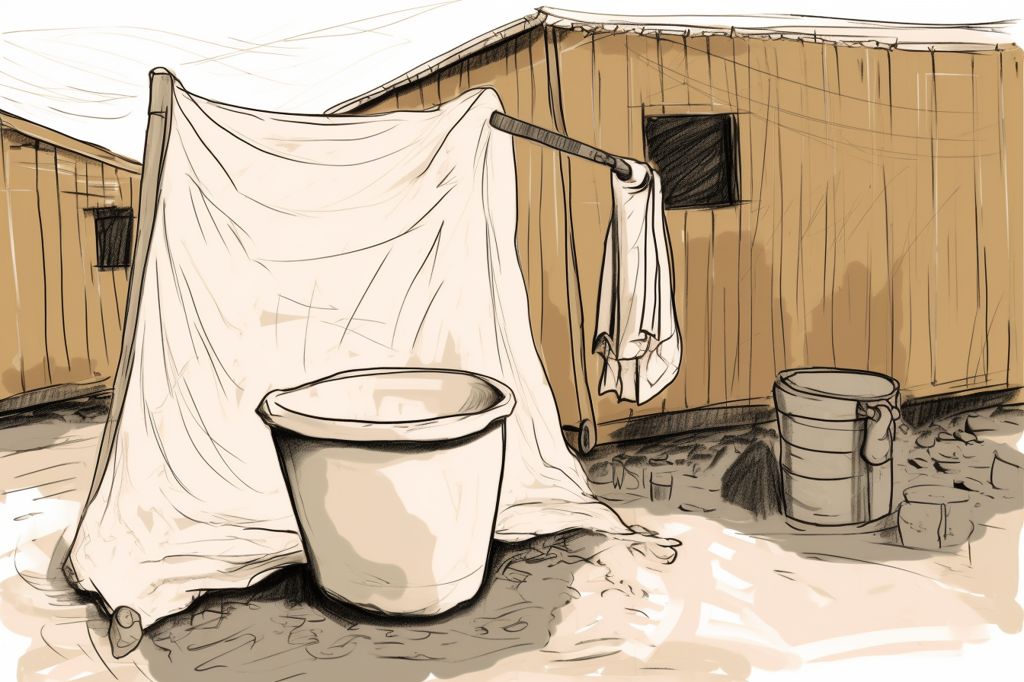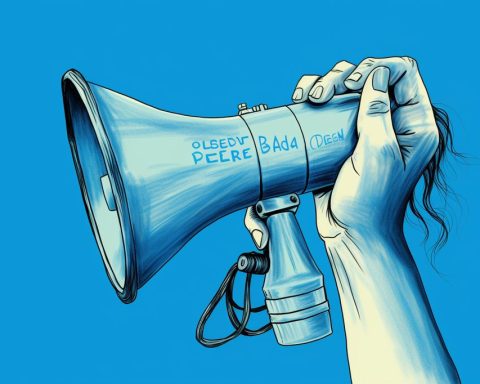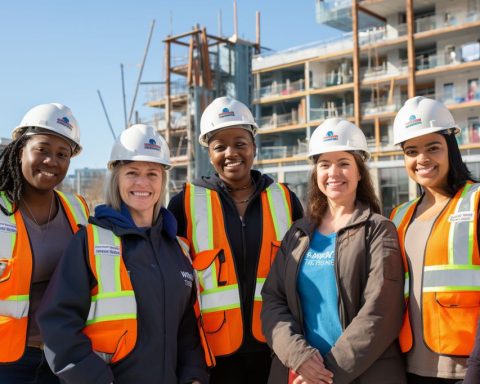Four years after the UNHCR protests, refugees at Bellville Paint City camp in Cape Town are resisting returning to local communities due to concerns about xenophobia and crime. This article discusses the challenges faced by these refugees and the efforts being made by the South African government and the UNHCR to address the situation.
Living Conditions at Bellville Paint City
The 500 refugees, including 200 children, at Bellville Paint City camp continue to live in poor conditions, with no showers since 2020 and regular water outages. The lack of adequate sanitation facilities has resulted in infections, and makeshift bathrooms have been set up. Albert Luninga, the group’s representative, has called on the UNHCR for assistance and rescue.
Failed Reality of Progressive Refugee Laws
Luninga cites the South African Constitution and progressive refugee laws as a failed reality, given the terrible experiences the refugees have had in local communities. Home Affairs spokesperson Siyabulela Qoza, however, claims that the toilets were removed due to threats of damage and intimidation of staff, only returning them after several engagements. Qoza also mentioned an exit plan is in progress, urging the protestors to either reintegrate or voluntarily return to their home countries.
UNHCR Concerns and Initiatives
Laura Padoan, UNHCR spokesperson, expresses concern for the refugee’s welfare but urges them to return to local communities for their children’s sake. While 67 people have already voluntarily returned to their countries, Padoan highlights the help desk established for refugees seeking confidential advice and counseling.
Xenophobia and Discrimination
The broader issue of xenophobia and discrimination against immigrants and refugees in South Africa exacerbates tensions and makes it difficult for the government and international organizations to address the root causes of the problem.
Finding a Solution
The South African government and the UNHCR are working to find a sustainable solution for these refugees, but progress has been slow, and mistrust between the refugees, government, and local communities persists. The establishment of a help desk for refugees seeking confidential advice and counseling is one of the initiatives implemented to support refugees and encourage their reintegration into local communities. However, more needs to be done to ensure that refugees can safely and successfully reintegrate into local communities.
As the plight of the Bellville Paint City refugees continues, it is essential for all stakeholders, including the South African government, the UNHCR, and the refugees themselves, to work together to find a sustainable and just resolution to the crisis. Addressing the underlying issues of xenophobia and discrimination and providing refugees with the necessary support and resources to rebuild their lives in safety and dignity is critical to realizing the promise of the South African Constitution and progressive refugee laws for those seeking refuge within its borders.












